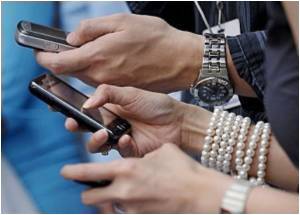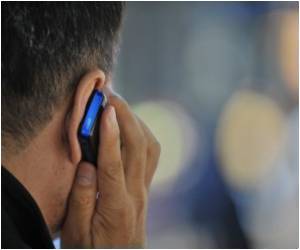
Since the cell phone is placed close to the salivary gland when in use, he and his fellow researchers, including departmental colleagues Profs. Raphael Feinmesser, Thomas Shpitzer and Dr. Gideon Bahar and Prof. Rafi Nagler and Dr. Moshe Gavish of the Technion in Haifa, hypothesized that salivary content could reveal whether there was a connection to developing cancer.
Comparing heavy mobile phone users to non-users, they found that the saliva of heavy users showed indications of higher oxidative stress - a process that damages all aspects of a human cell, including DNA - through the development of toxic peroxide and free radicals. More importantly, it is considered a major risk factor for cancer.
For the study, the researchers examined the saliva content of 20 heavy-user patients, defined as speaking on their phones for a minimum of eight hours a month. Most participants speak much more, Dr. Hamzany said, as much as 30 to 40 hours a month.
Their salivary content was compared to that of a control group, which consisted of deaf patients who either do not use a cell phone, or use the device exclusively for sending text messages and other non-verbal functions.
Compared to the control group, the heavy cell phone users had a significant increase in all salivary oxidative stress measurements studied.
Advertisement
The damage caused by oxidative stress is linked to cellular and genetic mutations which cause the development of tumors.
Advertisement
The findings have been reported in the journal Antioxidants and Redox Signaling.
Source-ANI














